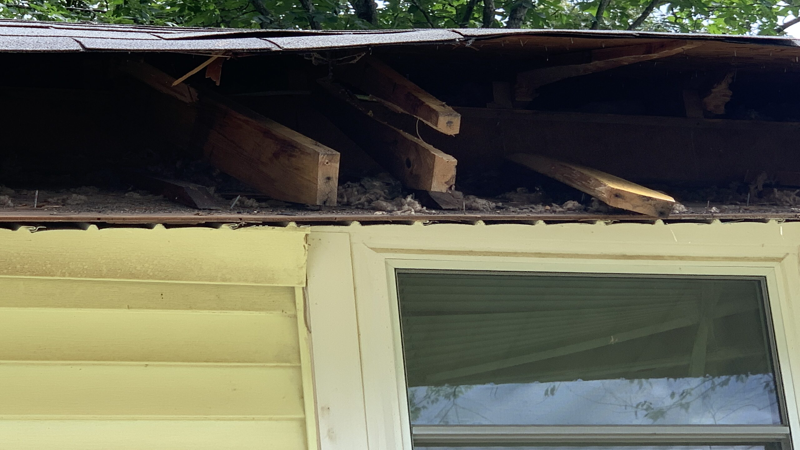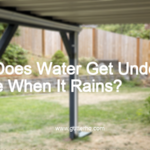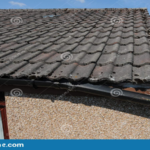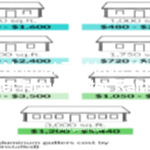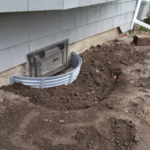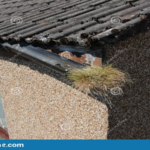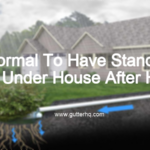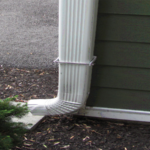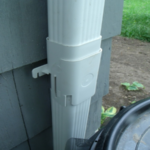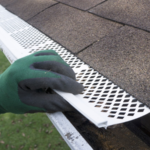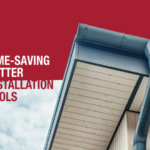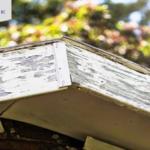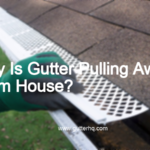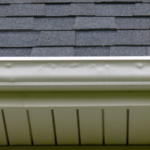There are a few reasons water might get under your house when it rains. One possibility is that your gutters are full or blocked and water is overflowing. Another possibility is that the ground around your house isn’t sloped properly, so water is pooling near the foundation and seeping in. There could also be cracks or gaps in your foundation that are allowing water to seep in. If you’re not sure what the problem is, it’s best to call a professional to take a look.
How do I stop rain water from going under my house?
- Check your gutters and make sure they are clean and free of any debris.
- Make sure your downspouts are clear and directing water away from your foundation.
- Check for any cracks or gaps in your foundation and seal them with hydraulic cement.
- Install a French drain around the perimeter of your house to help direct water away from the foundation.
- Make sure your landscaping slopes away from your house and does not allow water to pool near the foundation.
Is it normal to have water under house after rain?
Yes, it is normal to have water under your house after rain. This is because the rainwater seeps into the ground and then flows back toward your house. The water then collects under your house and can eventually cause the foundation to crack.
Is it bad if water gets under my house?
There are a few potential problems that could arise from water seeping under your house. For one, it could create a damp environment that is perfect for mold and mildew to grow. This could lead to serious health problems for you and your family if you’re exposed to the mold spores. Additionally, the water could damage the foundation of your house, leading to cracks and instability. If the water is allowed to pool, it could also attract insects and other pests. Ultimately, it’s best to keep water out from under your house to avoid any potential problems.
Why does my crawl space flooded when it rains?
There are a few reasons that your crawl space may flood when it rains. One reason could be that your gutters are not properly directing water away from your home. If the gutters are full of leaves and debris, they can cause water to back up and flood your crawl space. Another reason could be that your downspouts are not directing water far enough away from your home. If the water from your downspouts is pooling around your foundation, it can seep into your crawl space and cause flooding. Finally, if there is any cracks or damage to your foundation, water can seep into your crawl space and cause flooding. If you have a flooded crawl space, it is important to have it cleaned and dried out as soon as possible to prevent mold and mildew from growing.
How do I dry out my crawl space under my house?
- Check for any sources of water and fix them if possible. This could include repairing leaks in pipes, fixing a broken gutter, or filling in any cracks or holes in the foundation.
- If the ground is wet, you can try to dry it out by covering it with a tarp or plastic sheeting. Make sure that the tarp or plastic is securely fastened so that no more water can get in.
- Place a dehumidifier in the crawl space to help remove any moisture that is in the air.
- Check the space regularly to make sure that it is staying dry and to empty the dehumidifier as needed.
Will a crawl space dry out on it’s own?
A crawl space is an area of your home that is unfinished and usually only accessible by a small door or hatch. These spaces can be found under porches, stairs, or in the basement. Crawl spaces are often damp and humid, which can lead to mold and mildew growth. While it is possible for a crawl space to dry out on its own, it is not likely. The best way to dry out a crawl space is to use a dehumidifier.
Final Word
There are a few reasons why water might be getting under your house when it rains. It could be because your gutters are clogged and not directing the water away from your home, or there could be a problem with your home’s foundation that is causing water to seep in. Regardless of the reason, it’s important to get the problem fixed as soon as possible to avoid any serious damage to your home.
